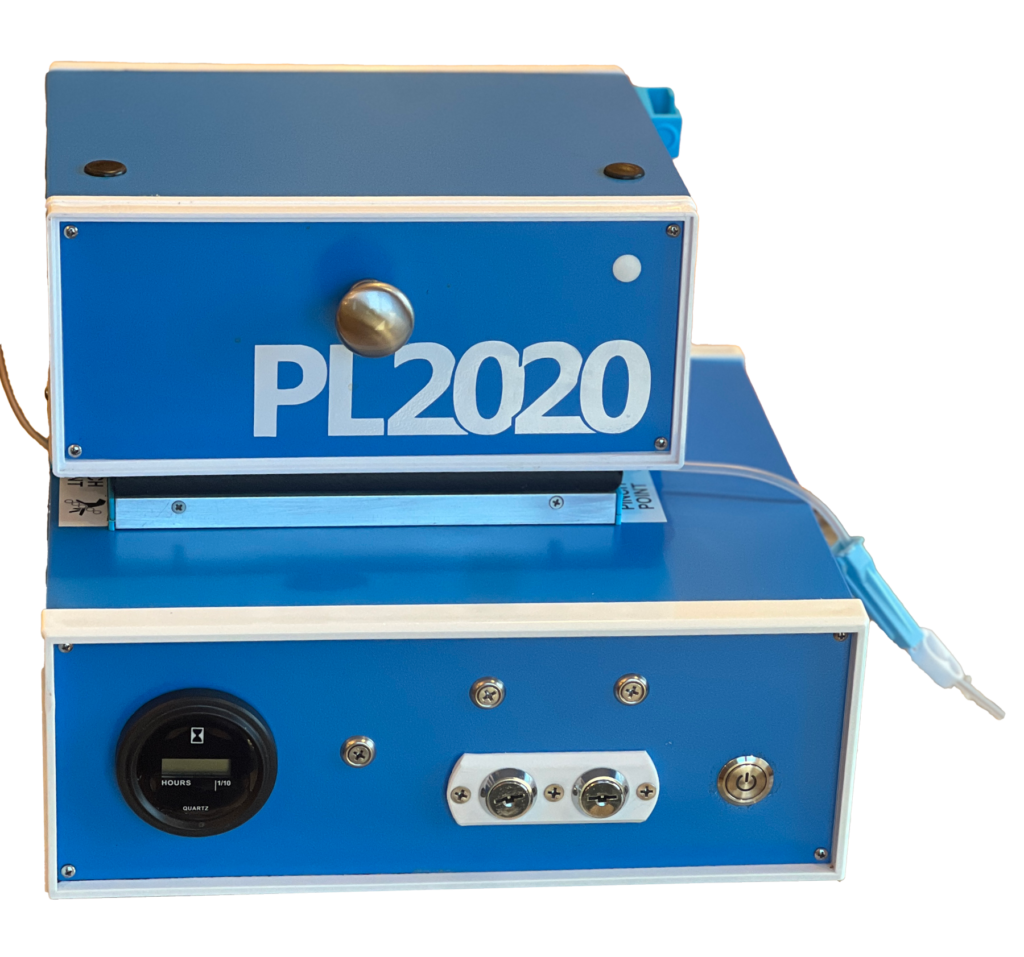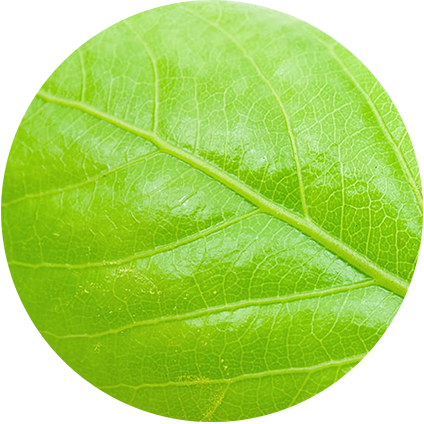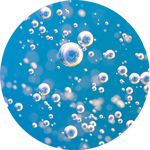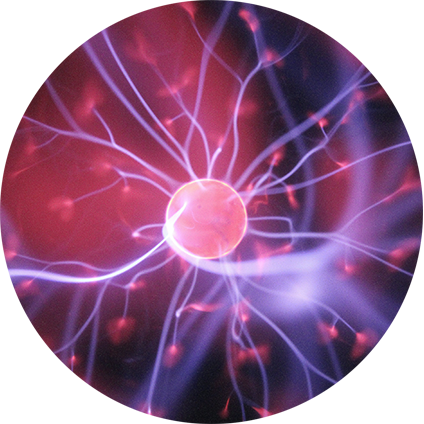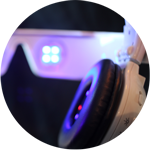
Ultraviolet Blood Irradiation
Ultraviolet blood irradiation (UBI) is a safe natural therapy that utilizes the antibacterial properties of light. It has long been known that ultraviolet light is a disinfectant. It was first discovered to have antimicrobial properties in blood when US Doctors Knott and Hancock began experimenting with it in the 1930s. However, with the rise in use of antibiotics during the 1940s, the use and study of UBI diminished. Nonetheless, many scientific studies have proven ultraviolet light’s ability to improve health and currently we are seeing a resurgence of interest in this gentle therapy.
UBI is often combined with major autohemotheraphy to amplify the immune boosting effects of both therapies. Once the patients blood is ozonated it is returned to their body after it passes by ultraviolet light.
When bacteria and viruses in blood are exposed to ultraviolet light, they absorb five times as much light energy as do healthy blood cells and are destroyed. Fragments of the disabled infecting agents create a vaccine-like reaction once returned to the patient’s blood stream, activating the immune system.
The amount of UBI treatment needed is determined by variables such as the length of time the person has been ill, the severity of the disease, and the health of the person’s immune system. UBI has a cumulative effect so that each treatment builds on the previous. For acute infections frequent treatment may be necessary initially. We usually begin treatments at twice a week and reevaluate care as symptoms change.
Ultraviolet Blood Irradiation Benefits
- Heightens the body’s immune response
- Improves circulation
- Oxygenation of tissues
- Reduction of tissue pain
- Powerful anti-inflammatory and anti-infection effects
- Stimulation of production of red blood cells
- Balancing effects (homeostasis)
- Increased pain tolerance to radiation or chemotherapy
- Improved blood flow throughout the body
